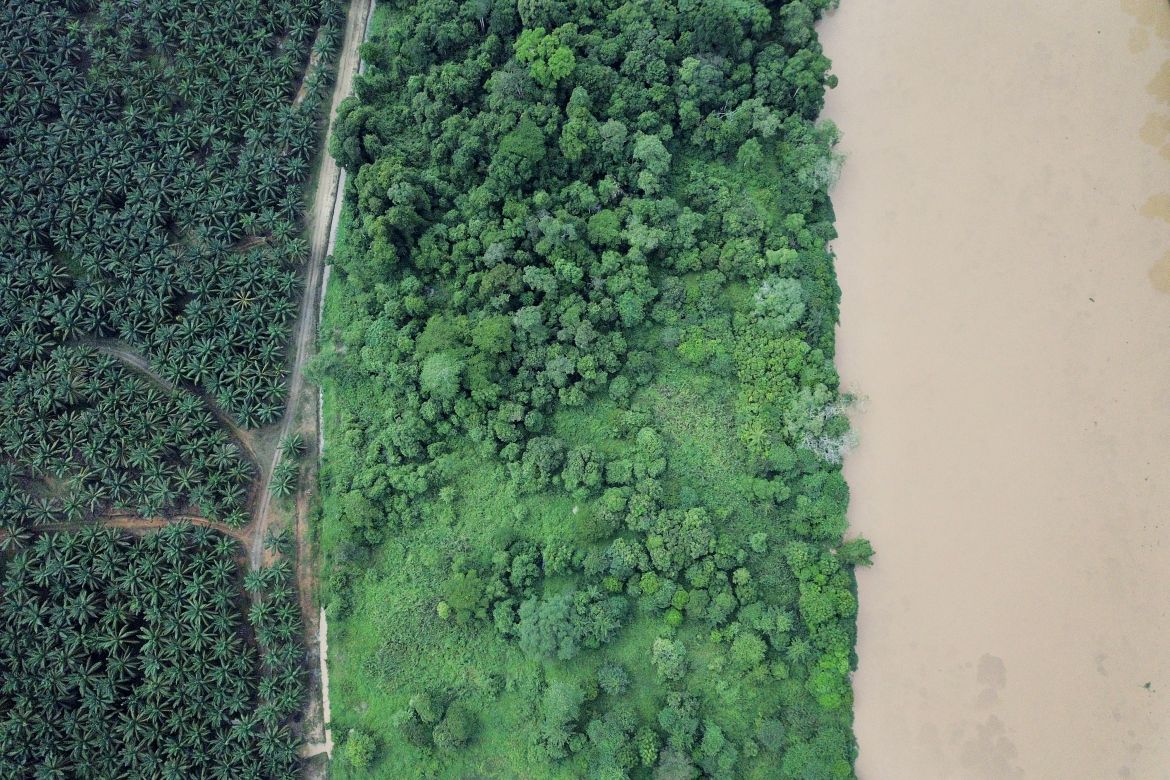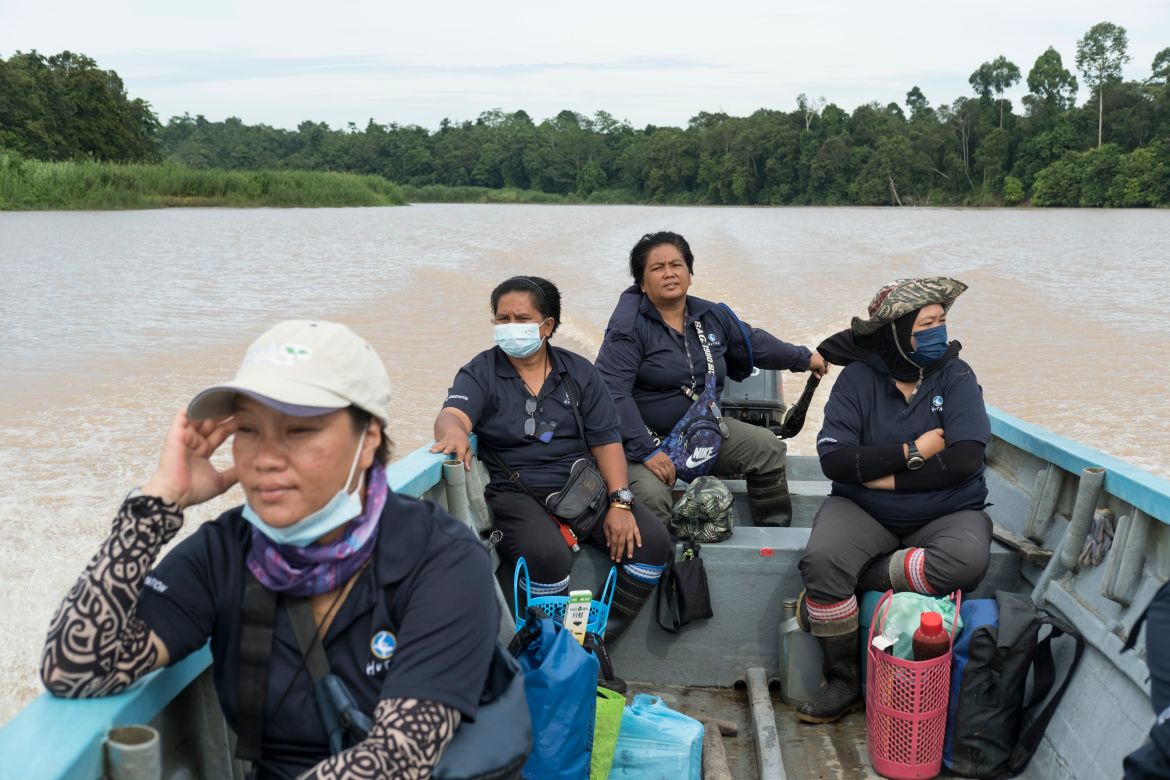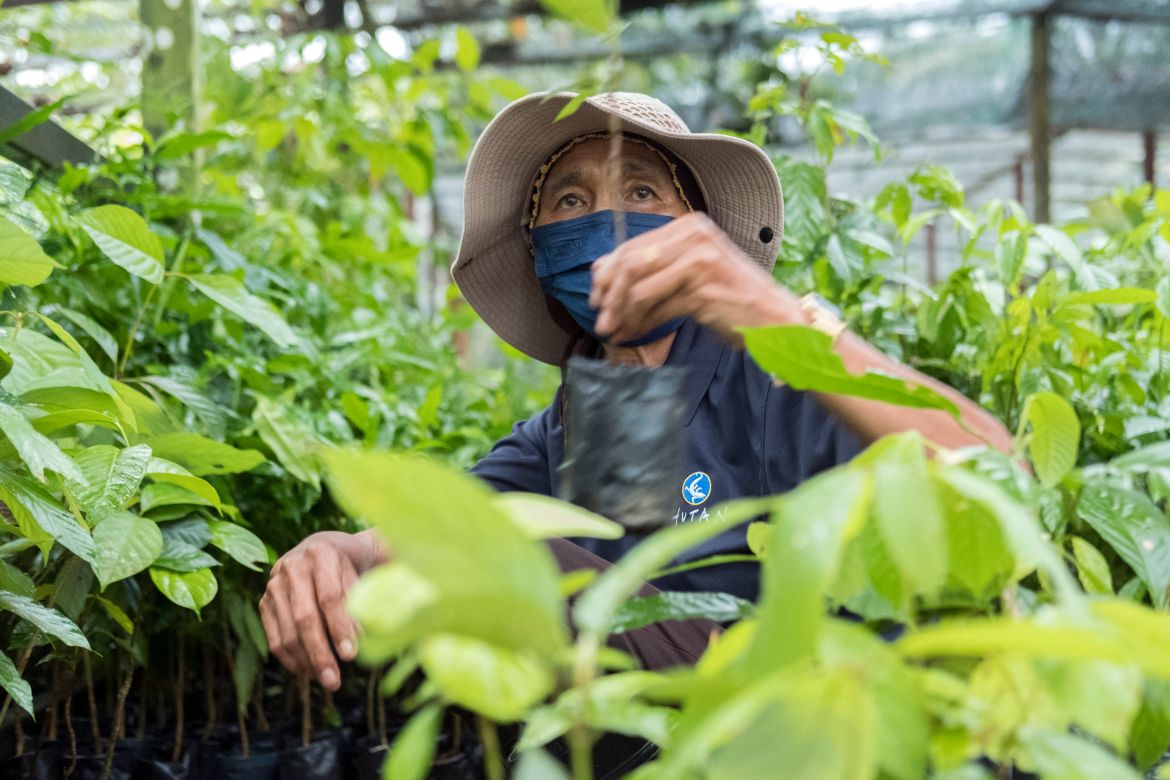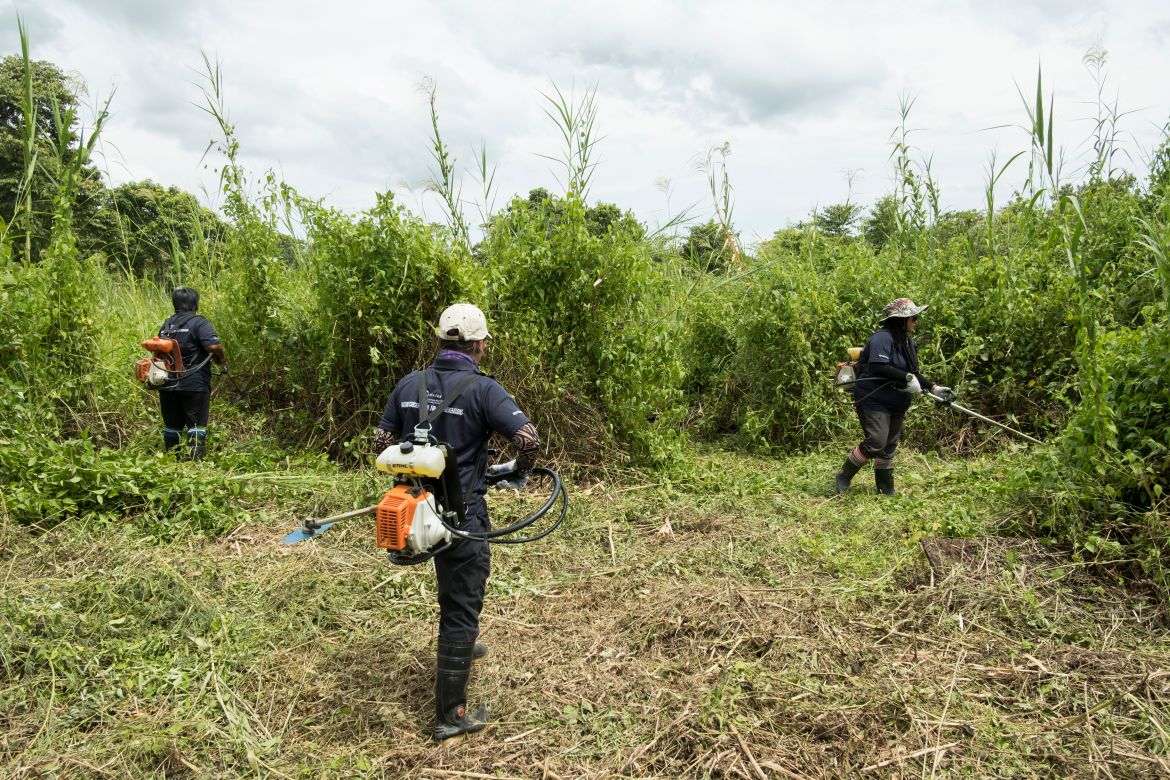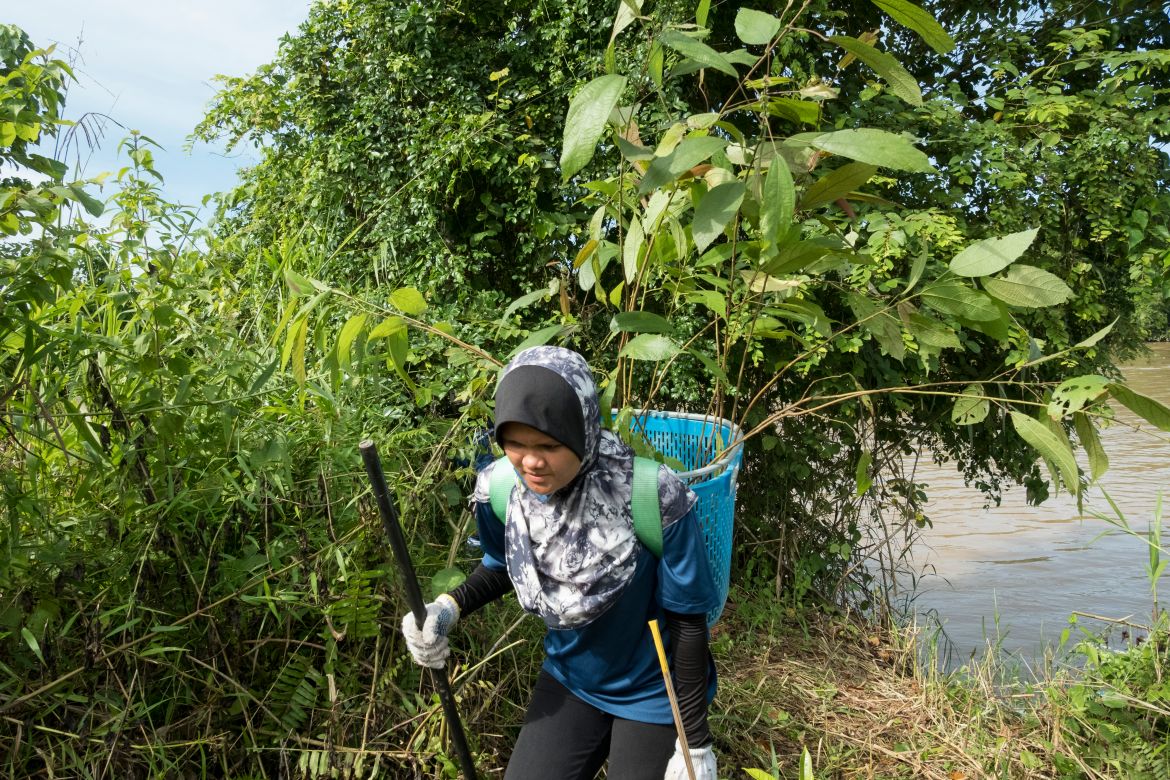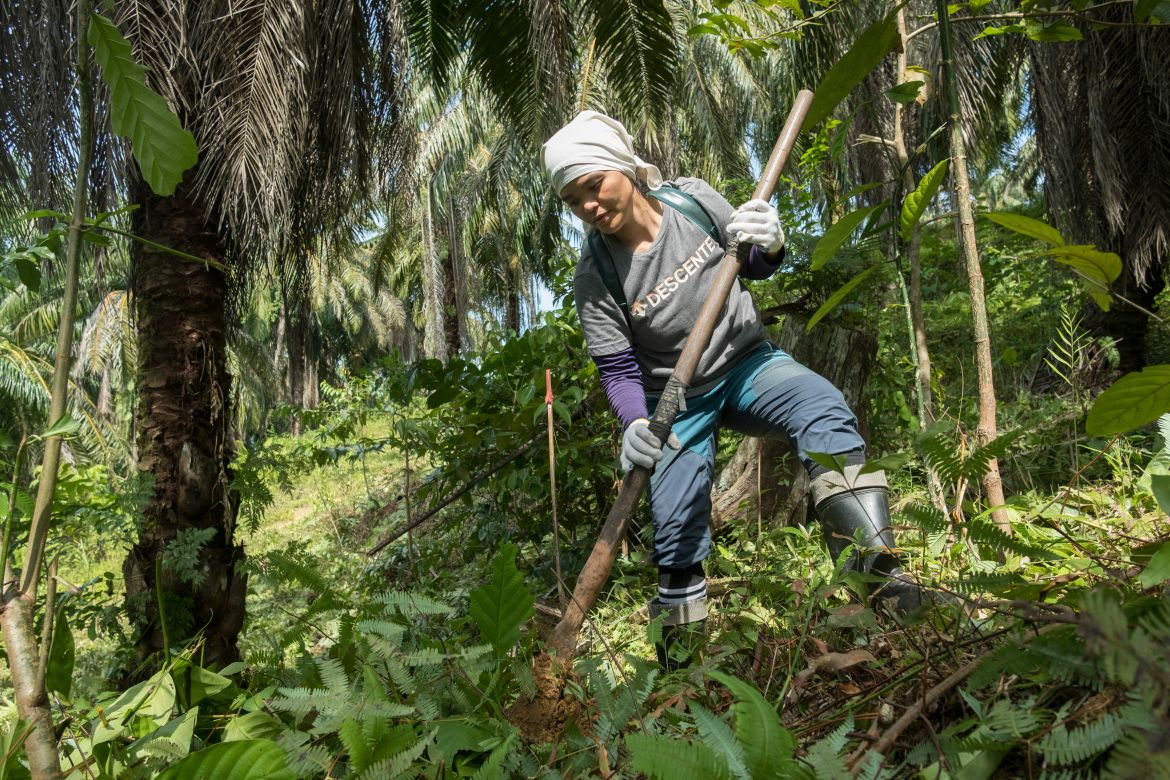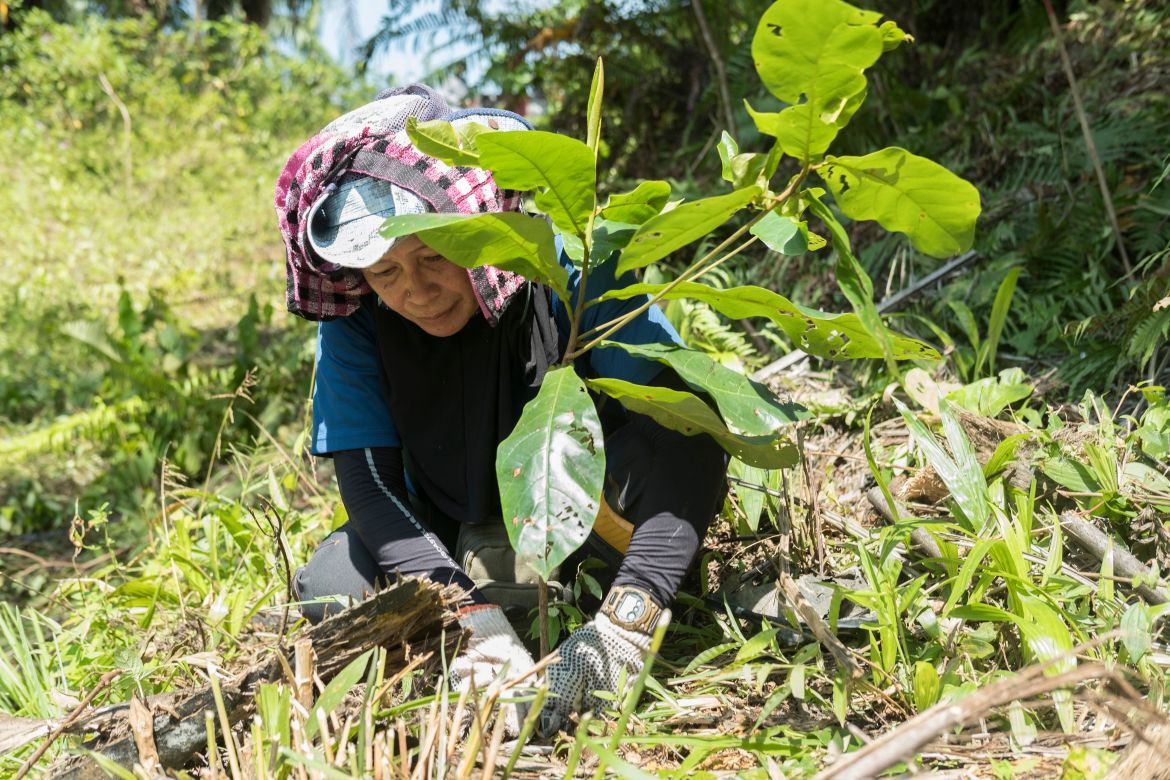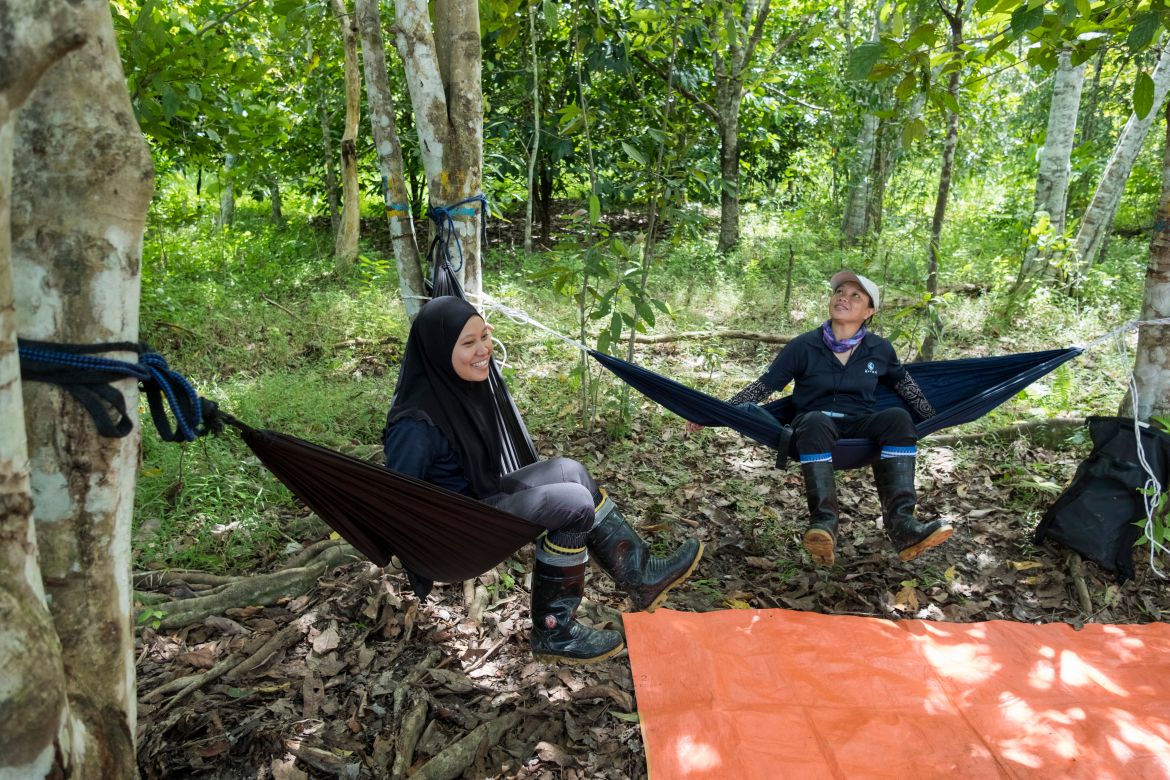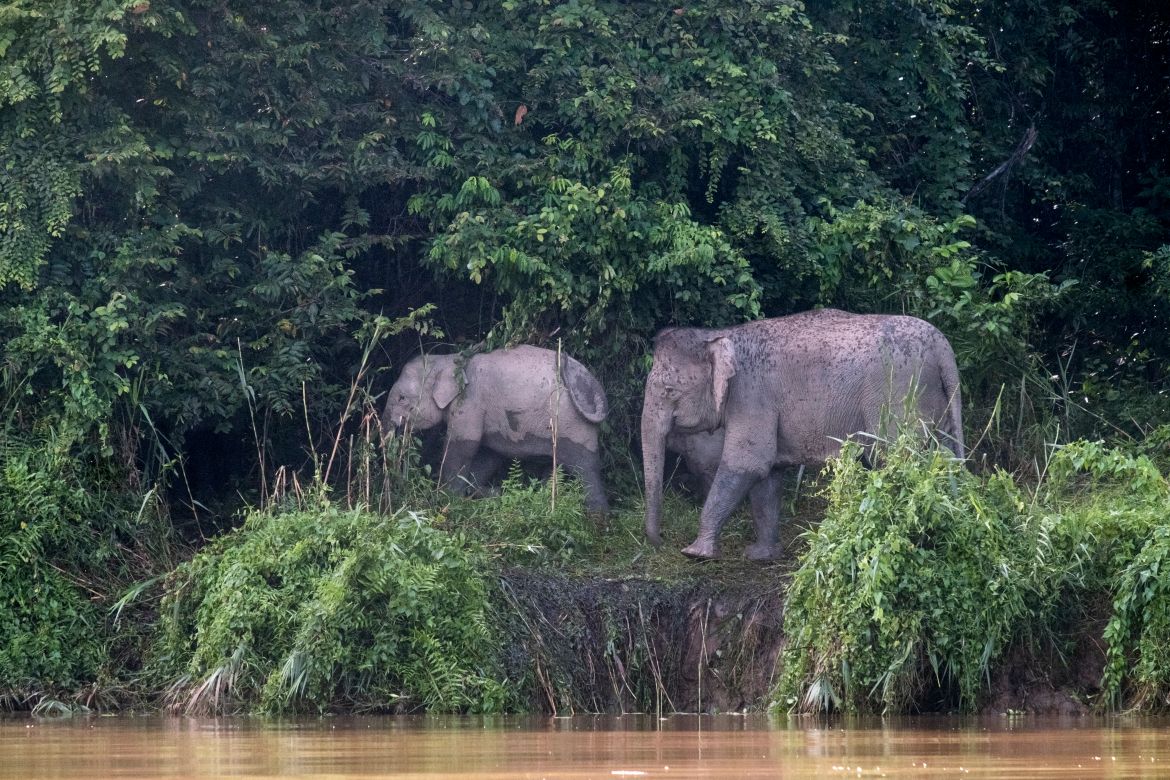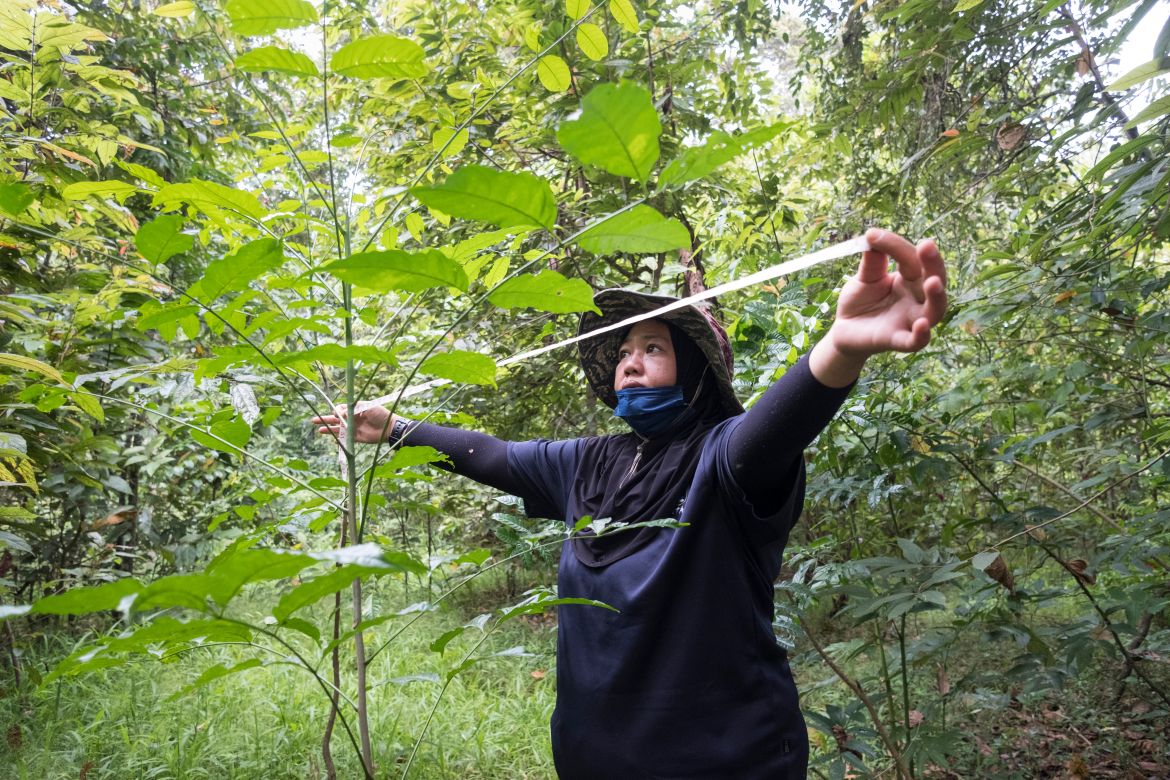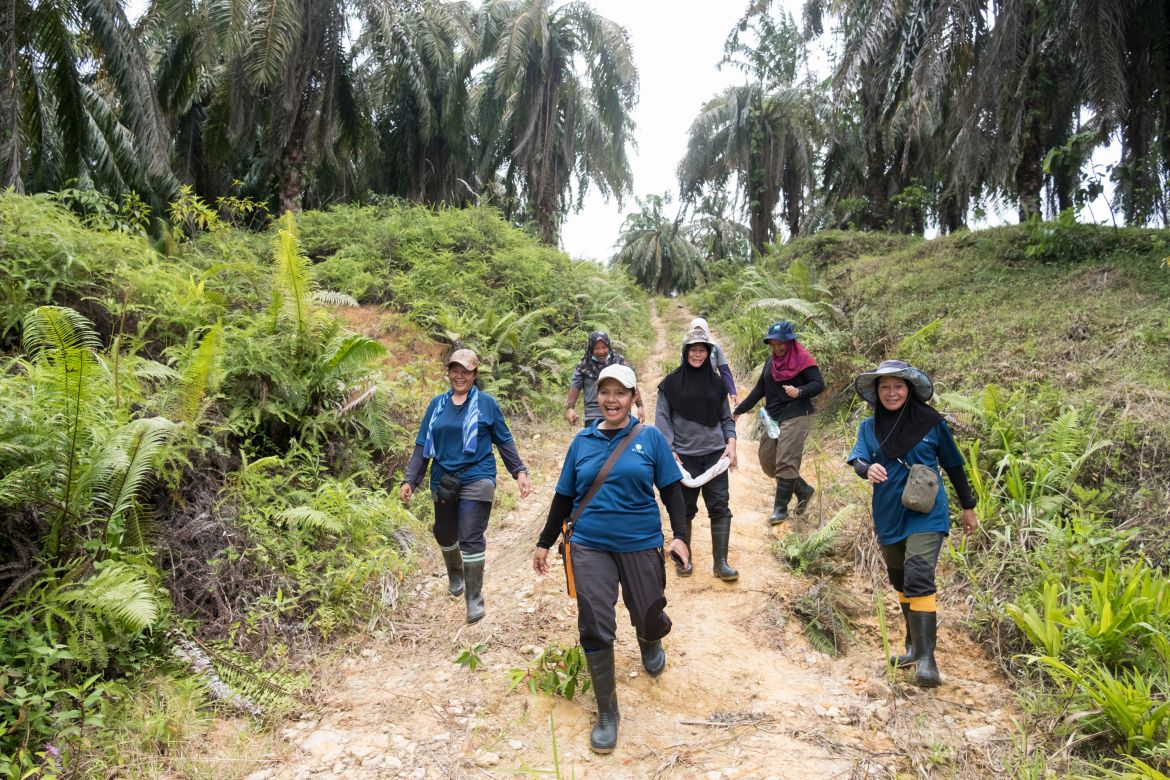In Pictures
‘The sweetest thing’: The women restoring Borneo’s rainforest
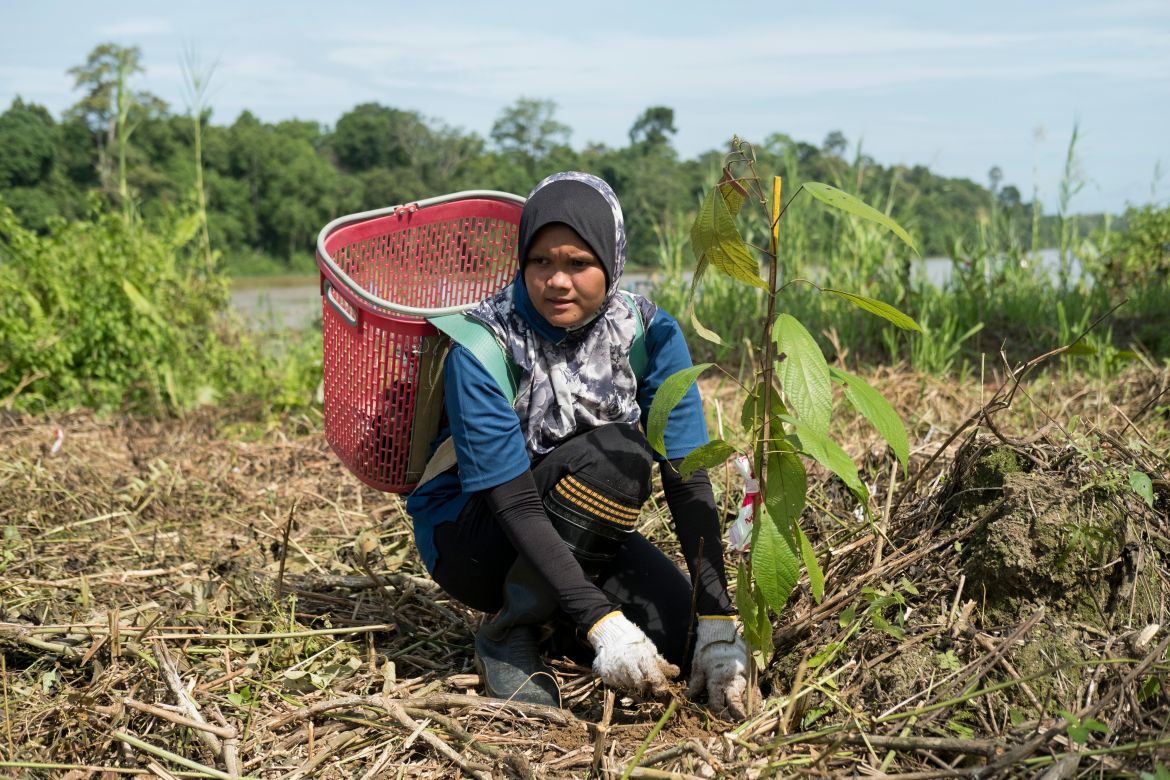
Kinabatangan River, Malaysia – On the floodplain of Sabah’s milky-brown Kinabatangan river in Borneo, teams of local women have been working to restore the area’s degraded rainforest for more than a decade.
They hope to create a forest “corridor” for wildlife in one of the most biodiverse areas of Malaysia, which has been under pressure for years from the relentless expansion of oil palm plantations.
Sabah produced nearly two million tonnes of crude palm oil in the first six months of this year, the most of any state in Malaysia, which is the world’s second biggest exporter of a commodity used in products from soap to detergents and ice cream.
The industry’s expansion has not only led to deforestation but the fragmentation of the forests, crowding and isolating wildlife, including Borneo’s unique pygmy elephants and orangutans, into ever smaller areas.
The women’s reforestation teams plant native trees on strategically-chosen plots with the intention of connecting various wildlife sanctuaries located around their village of Sukau.
“We need to help with wildlife conservation because the remaining rainforest in the lower Kinabatangan is too small, we need to plant more in order to provide a habitat and food for the wildlife species that are almost extinct,” said Mariana Singgong, who heads one of the two reforestation teams. “We are preserving the flora and fauna for future generations.”
Since the reforestation programme began in 2008 under HUTAN, a local wildlife and forest conservation NGO, the women have planted and nurtured approximately 101 hectares (250 acres) of rainforest — roughly the equivalent of a third of the area of New York’s Central Park.
Their main target is not about planting high numbers of trees, but ensuring the saplings’ survival in an environment where young trees are at risk of being smothered by tall grasses, bushes, ferns and vines.
The teams spend at least three quarters of their time maintaining the plots, and their dedication has ensured more than 80 percent of trees have survived.
The need for quality maintenance and nurturing is what made HUTAN base their whole reforestation program on women’s teams, which is unique for rural Sabah, where women are mainly seen as homemakers.
“Men are really good at doing certain types of work, planting the trees, but when we ask them to come back to the same plot again and again, they can’t pay every time the same attention to every seedling, as women can,” said Marc Ancrenaz, founder of HUTAN. “Women are much better at nurturing these trees over the long term.”
This year the restoration work was severely affected by the pandemic with the women unable to visit the sites with the same consistency during Malaysia’s months-long COVID-19 movement restrictions.
When they were eventually able to return, they were dismayed at what they found.
“We saw that many trees had problems, some died, we were sorry to see they didn’t grow very well. Especially the newly planted ones, they are sensitive, three months without maintenance and they can die,” Norinah Braim, who heads the other reforestation team, told Al Jazeera.
The women had a target of planting 5,000 trees this year. So far they have managed only 1,770, but they are undeterred.
“Usually by October we would reach our target, but because of the lockdown there were many delays,” Norinah said. “We will surely reach our target by the end of the year, we will work hard for that. Women power!”
HUTAN and the women’s team’s reforestation work was featured in Al Jazeera’s Earthrise programme in 2012.
This story was produced with support from the Rainforest Journalism Fund in partnership with the Pulitzer Center.
